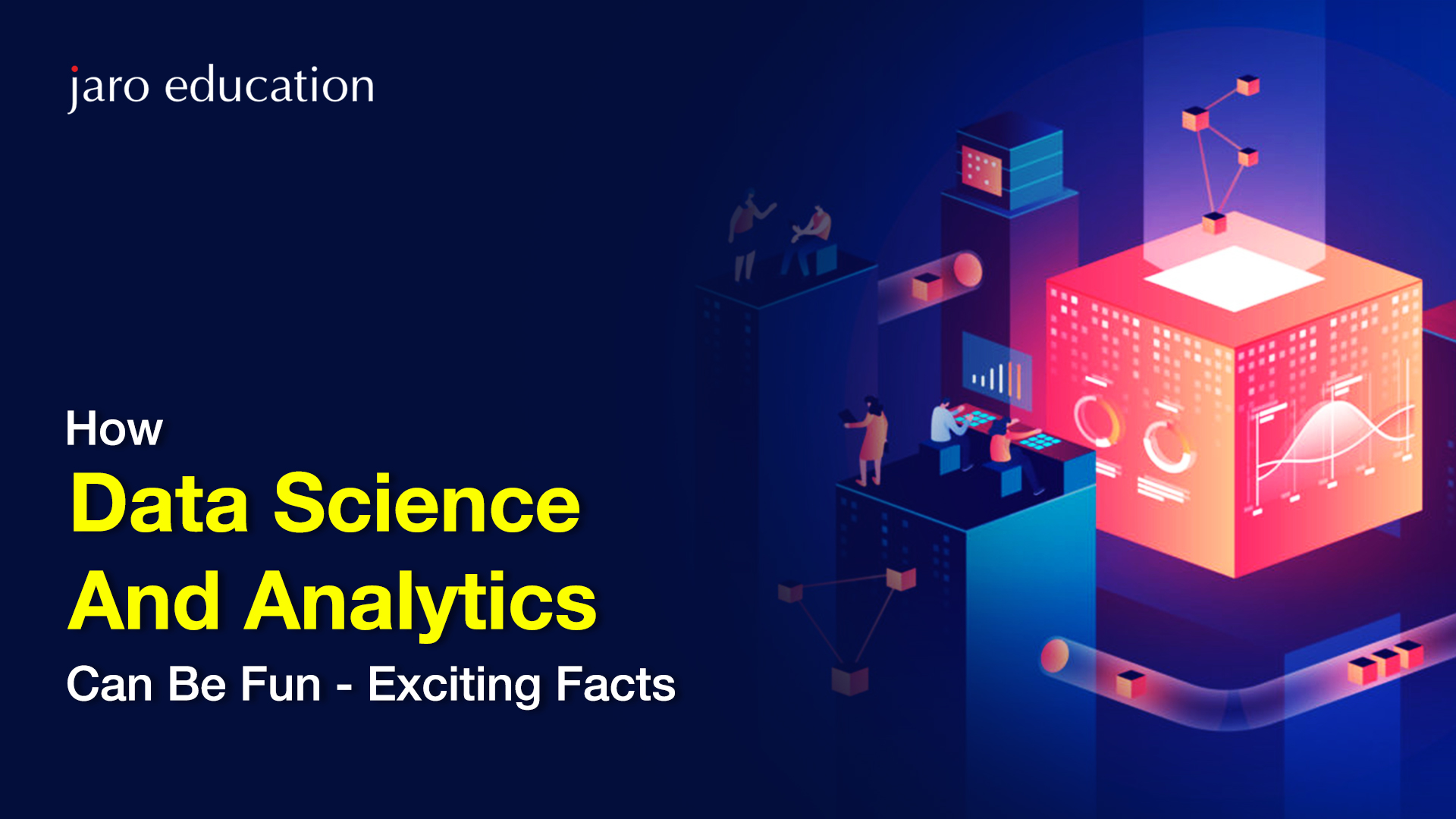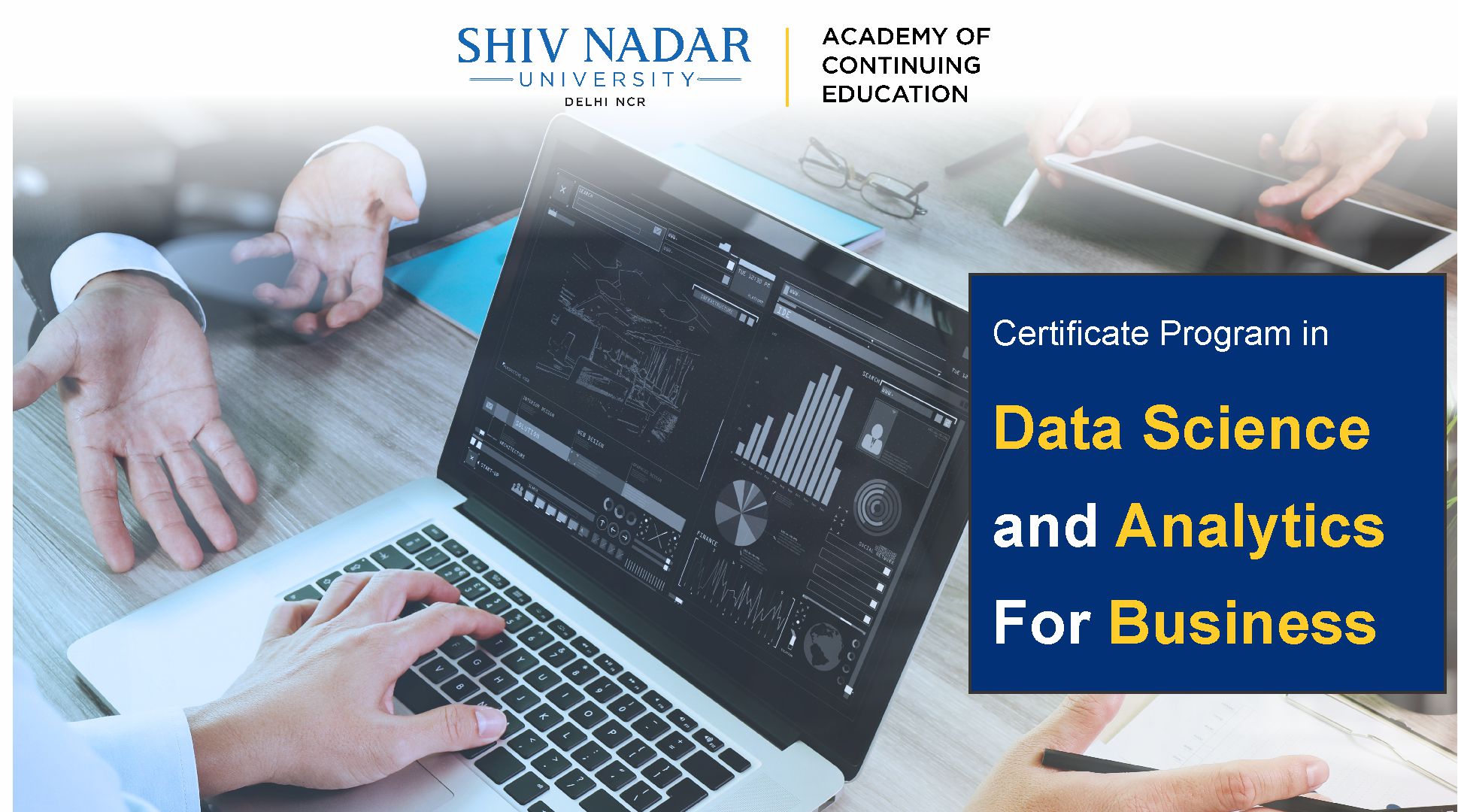With the full adoption of Internet technology in daily life, modern businesses now rely on electronic channels that transfer information through digital data. The rise of data science and analytics has attracted young technicians to pursue careers in current technology. Data science and related disciplines, including data analytics, remained a top priority. These domains are interesting and in great demand today. Both data science and data analysis can be fun.
This article tries to make you aware of interesting facts and figures about data science and analysis that will surprise us.
Data Science and Analytics
First, let’s see how these domains are so special:
Data science is a newly emerging field in the computer age where experts acquire intelligence and meaningful acumen to apply in practical cases in the digital world. Specialized domains in the study of data science include machine learning, artificial intelligence, data mining, and big data. The data scientist deals with the principles of mathematics applied to a huge set of data. Data scientists do a lot of great stuff, including researching, coding, and designing algorithms using the core knowledge of mathematics and statistics.
Data Analytics is a field of data science where analysts systematically analyze data, interpreting behavioural and factual data patterns to obtain projections for effective decision making for efficient operation of the business. Data analysts use statistical principles, operational research knowledge to develop computer modelling of the smart side of data – domains related to the role of analysts, including business, industry, science, and social sciences.
The World of Data
In today’s technology-driven businesses, data is the fuel for modernization and automation. Therefore, it is imperative to allow data scientists to manage the transition of the data revolution. The demand for data scientists has never been so high. The work they are doing is invaluable in adding value to the digital world. Data scientists, along with analysts, will go ahead and lead many innovations through the Fourth Industrial Revolution.
Data science involves the preparation of data for analysis, including clearing, aggregating, and handling data for advanced data analysis. Analytical applications and data scientists can then review the results to reveal patterns and enable business leaders to draw suggested insights. The work that data scientists and analysts do is different from traditional trends. Proper training in data science assures professionals that they can develop algorithms conducive to smooth data analysis.
Interesting facts
First, data scientists and data analysts are not the same. Since data science is a new field, a myth based on some misconceptions is inevitable. Data scientists find unexpected questions that may need answers. So data analysts use existing information to get viable data on existing queries. Data Scientist performs macro-level algorithms on unknown data; analysts perform micro-level analysis on known datasets.
In addition to data scientists, data science domains have different roles. The key roles that are often talked about in the industry are:
- Data Scientist – Data scientists work on big data, analyze it and then communicate the findings through reports and presentations.
- Data Analysts – They look for answers to questions using the right tools, working on the available data.
- Data Engineers – They are responsible for managing the data infrastructure throughout the Data Science Lifecycle.
Students rush to acquire qualifications by doing Data Science Certificate Online. Several institutes are offering Data Analysis Certificate in India. The DSAB certificate course by Shiv Nadar University is one of the best choices in Data Science and Analytics. Students prefer to learn from the eminence school of management and entrepreneurship so as to apply core business concepts.
For data science and machine learning, the best-suited languages include Python, R, C ++, and scripting languages. Python is a particularly primitive option for data scientists. According to SlashData, there are 8.2 million active Python users, with “69% of total machine learning developers and data scientists currently using Python (compared to 24% using R).”
- Data is ubiquitous. There are nearly as many pieces of digital information as there are stars in the universe. While there is no shortage of data – IDC expects data to reach 175 Zettabytes by 2025 – the supply of insightful, relevant data is very low.
- Data science uses 91 percent of data composed of text data.
- Simply a 10 percent increase in data access would lead to a Fortune 1000 enterprise aid added revenue of 65 million dollars.
- An IBM study states 80% of data scientists utilize their time finding, organizing, and cleansing data, and only 20% on data analysis.
- Due to the poor quality of data, organizations worldwide lose 15 million dollars annually. US businesses alone lose $600 billion due to bad data annually.
- Online users contribute 70 percent of the online data; for example, several photos shot on smartphones become searchable data online. Nearly 80 percent of public domain data is stored, managed, and analyzed by enterprises.
Working as a data professional is exciting
Being in the role of a data scientist is working as a modern-day spy with a curious mind aimed at solving everyday mathematical puzzles. Of course, working with data tests your analytical knowledge. An exciting component of a data scientist’s career is discovery, insight, and innovation. They continue to learn and grow, and it’s exciting to play with the data every day, especially after you inject intelligence into it.
To Conclude
If you are fresh and looking for a sustainable career aligned with technological advancement, then entering the Data Science certification course would be the right option. The Data Science and Analytics for Business course offered by Shiv Nadar University is the best choice for young aspirants inclined to gain a career path in Data Science and Analytics.
FAQs
Is python mandatory for a data science and analytics program?
Not really, though Python is the most preferred language for Data Science work. However, R, a non-standardized code, is considered an alternate language in place of Python. Of course, students need to learn SQL and scripting to add more meaning.
Can a professional without a technical background learn business analytics?
Yes, of course. A professional with an inclination towards logical analysis and interest in business acumen is the right candidate to justify Business Analytics. Of course, technical expertise is highly preferred in limited lines of business. Yet, technical expertise can be acquired while on the job.
What are the top 3 skills for data analysts?
Data Analysts preferably have skillsets where they can smartly analyze datasets for expected performing agents in business decisions. The top three skills could be as listed below:
- Python – Python offers a remarkable number of specialized libraries, most pertaining specifically to development in artificial intelligence (AI).
- Data Cleaning – This is a prerequisite for designing a functional ML model. Data is made free from any ambiguity and should adhere to a set of attributes analysts set. Properly cleaned data helps generate notable insights in the business models.
- Data Visualization – This is a person’s ability to present data findings via graphics or other illustrations.
What is the fee for the Data Science and Analytics for Business program?
The typical fee ranges between INR 1,00,000 – 4,00,000 for a 2 – 3 year degree or diploma course in Data Science. There are PG Programs also available, like Data Science Certification Course.








